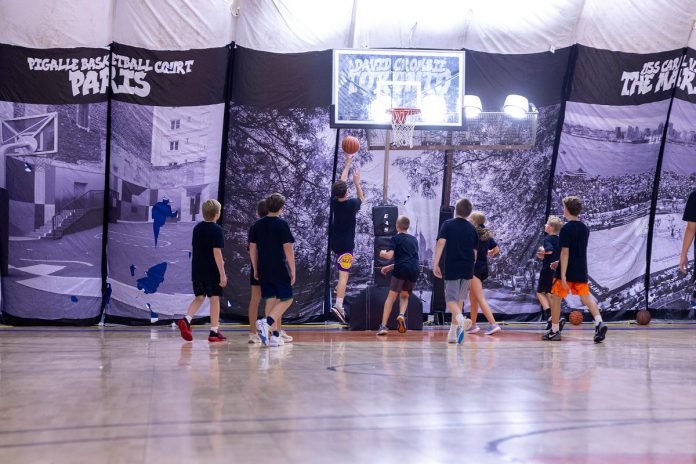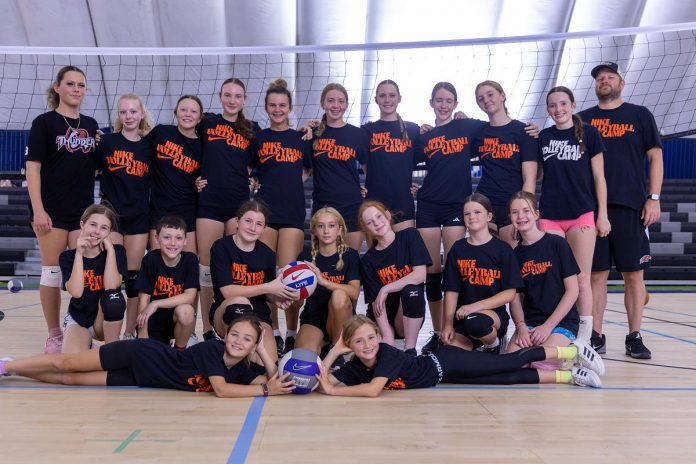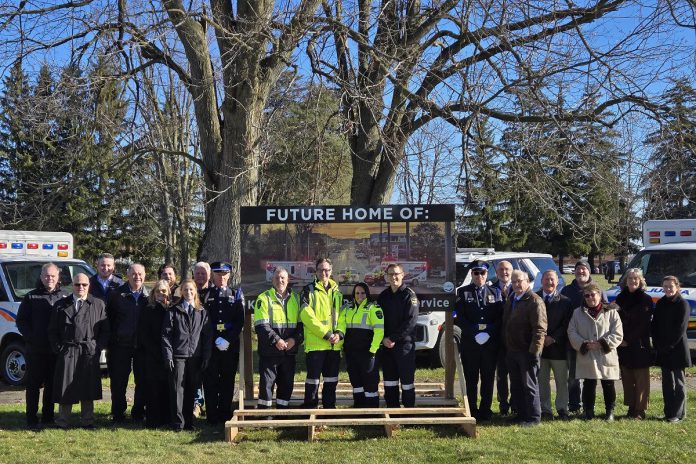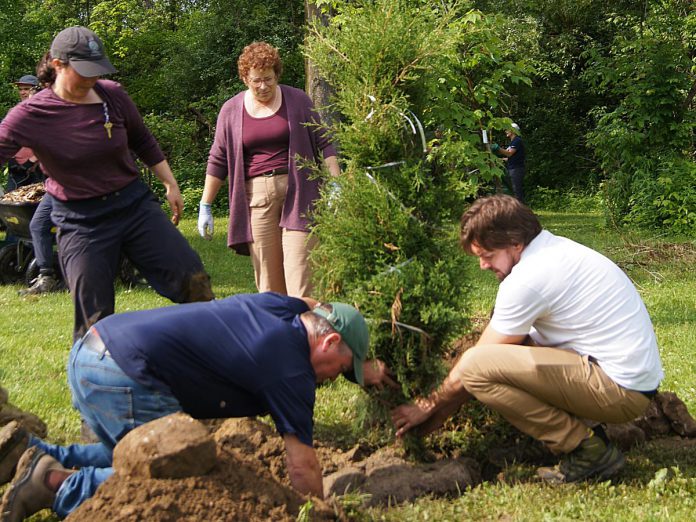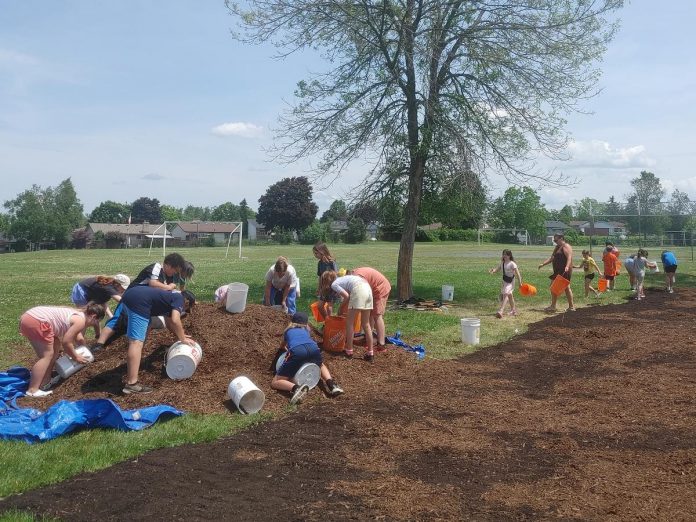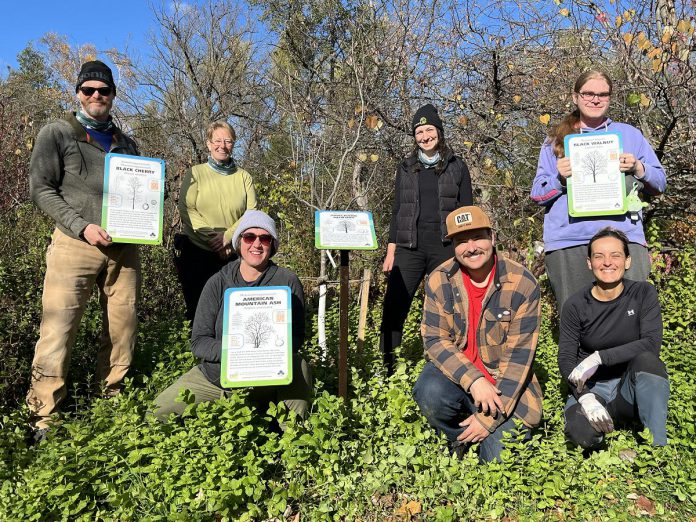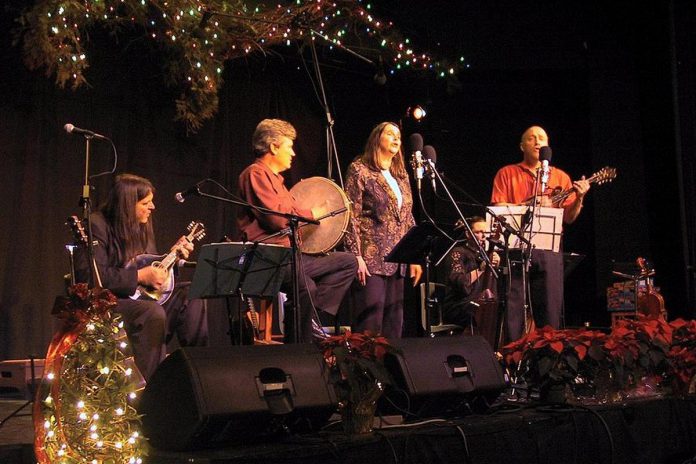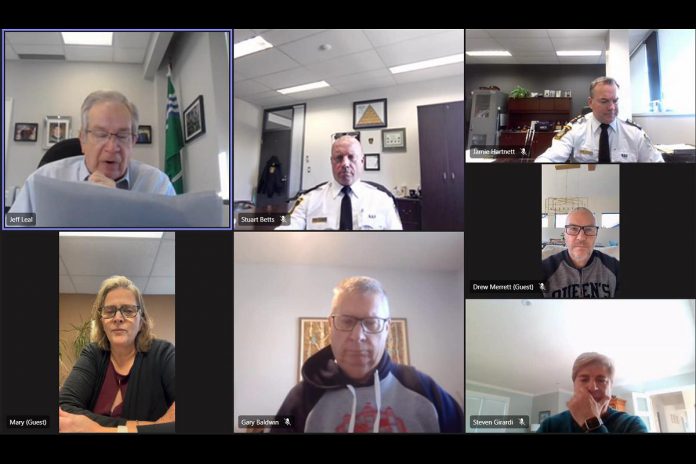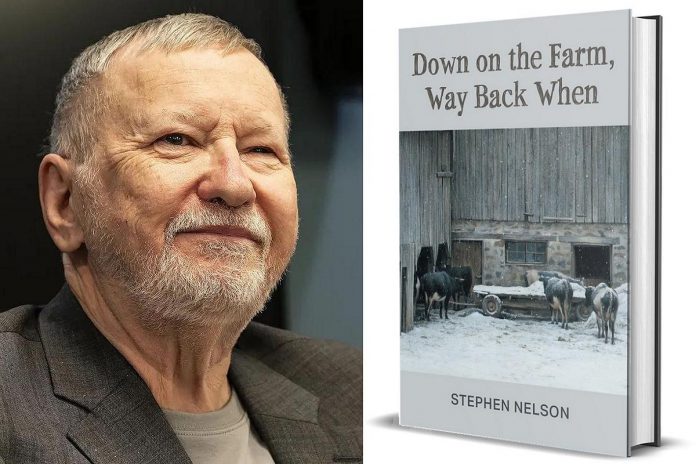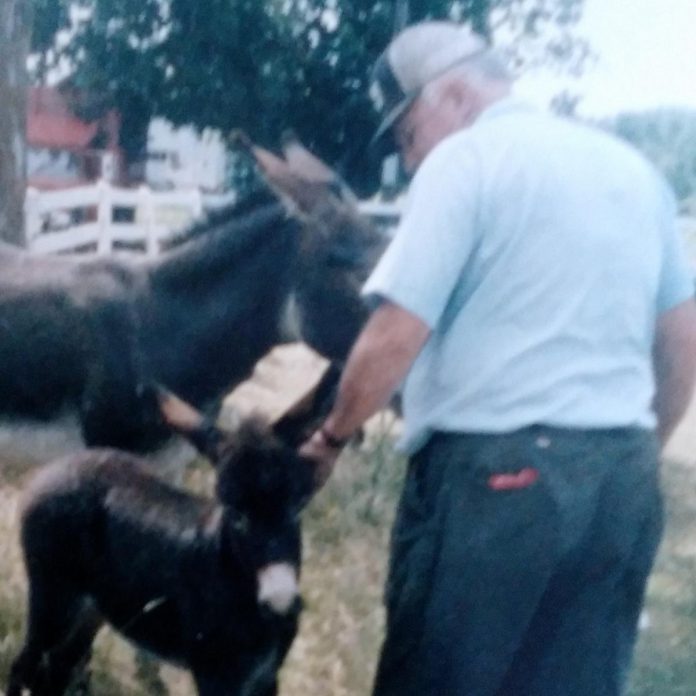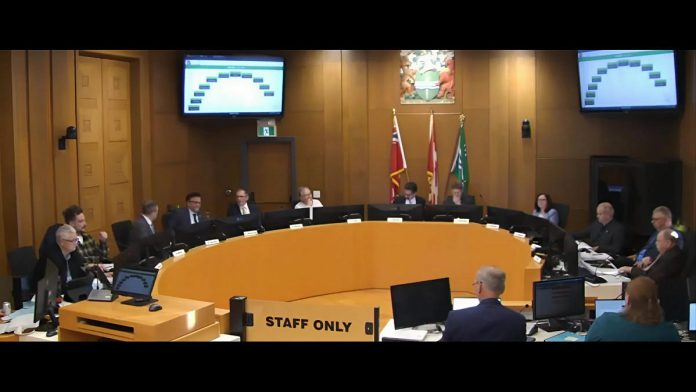As GE Vernova continues planning to demolish a large number of buildings at the General Electric factory complex in downtown Peterborough, Lakelands Public Health will be requesting the company provide a draft demolition plan that addresses any hazards that could affect public health and safety.
Since GE Vernova announced its intention in September to demolish the buildings, area residents have raised concerns about the potential public health and safety risks posed by the demolition, given the historic use of toxins including asbestos since General Electric first began operating the factory complex at 107 Park Street North 150 years ago.
At a meeting on Thursday afternoon (November 20), the board of health of the Kawarthas-region health unit — a merger of Peterborough Public Health and the Haliburton, Kawartha, Pine Ridge District Health Unit — passed a motion by Joy Lachica, a member of the board and one of the two city councillors for the ward where the factory complex is located, to write a letter to the company.
“It’s a letter to say we need that draft demolition plan sooner rather than later,” Lachica said.
She said anything that could be done now to include the public, stakeholders, and other interested parties would be beneficial to demonstrate the importance of the issue and mitigate any hazards to the community.
According to the motion, the letter would request GE Vernova provide a draft demolition plan addressing historic contamination remediation, any hazards of demolition and disposal that could impact public health and safety, and information regarding any historical complaints related to the site and testing.
The letter would also be copied to the Minister of Environment, Conservation and Parks, MPPs Dave Smith, Laurie Scott, and David Piccini, the city and county of Peterborough, and First Nations in the region.
The motion was related to a staff report on the meeting agenda that outlined the planned demolition and the role of the health unit. The agenda was amended to include public delegations, including Jacqueline Wilson, a staff lawyer at Canadian Environmental Law Association.
“GE’s proposed demolition of most of the site at 107 Park Street North has caused a very serious and well-founded concern in the community about how this demolition can take place with the health and safety of the community protected from off-site impacts,” Wilson said.
“We helped the community to put together a request to (medical officer of health Dr. Thomas Piggott), pursuant to the Health Promotion and Protection Act, to put front and centre the desire of the community that the health unit and the board of health play a key role in ensuring the right data is collected about GE’s proposed demolition, and the health-based risks are a key consideration in any plans.”
Wilson said the role of public health would supplement the decision-making authority of city council in granting or denying a demolition permit and would support and supplement the role of the provincial environment ministry in ensuring no off-site environmental impacts.
“We’ve submitted the request as a written submission to the board of health as well,” she said, adding that 458 people from Peterborough had signed the request supporting the submission as of Thursday.
The board of health also heard from Peterborough resident Nick Lato, whose child attends Prince of Wales school, who said he and others in his neighbourhood have concerns about the demolition.
“The standard for this demolition should probably be higher than what it is typical in zoning, just given the fact that is across the street from a school,” Lato said, noting children touch the ground and put their hands in their mouth during play.
“As a parent and a community member, it seems like a very basic request that they’re forced to do a detailed inventory of which toxins exist and only then come up with a plan for how they’re going to demolish the buildings.”
According to the health unit staff report, while GE Vernova has indicated its intent to demolish specific buildings, it had not yet applied to the city for a demolition permit as of November 5.
GE first began operations in Peterborough in 1891 and continued a variety of manufacturing activities until 2018. In 2018, GEPR Energy Canada Inc. — a subsidiary of GE Vernova, an energy equipment manufacturing and services company that was formed from the merger and subsequent spin-off of General Electric’s energy businesses in 2024 — decommissioned buildings in the centre block of the site, removing machinery and equipment from the buildings.
Since then, GE Vernova has maintained office space for 60 employees in the site’s east block and leases several buildings in the west block to BWXT, which was originally part of GE Vernova’s nuclear energy division but became an independent company in 2016 and now specializes in nuclear components and services for government and commercial clients.
Historically, GE factory operations in Peterborough exposed many workers to a wide range of chemicals. A 2017 Unifor report, prepared by occupational disease researchers with members of the GE Retirees Advisory Committee, details the toxic chemical exposures at the General Electric site between 1945 and 2000. The report found workers were exposed to over 3,000 toxic chemicals, including at least 40 known or suspected human carcinogens.
According to the staff report, the facility is known to have supplied many area residential homes with insulation material that contained asbestos, resulting in significant community-based remediation efforts. In addition, the Ministry of Environment, Conservation and Parks continues to monitor GE Vernova’s mitigation requirements for soil and ground water contamination by polychlorinated biphenyls (PCB) and trichloroethylene (TCE).
The report notes the proposed demolition project is complex and includes involvement of multiple stakeholders with different responsibilities.
The Ministry of Environment, Conservation and Parks oversees environmental matters related to the demolition, such as contamination containment, groundwater protection, hazardous materials control, and waste management under the provincial Environmental Protection Act.
The City of Peterborough issues the demolition permit, which may include conditions related to site assessments, contamination control, ongoing environmental monitoring, and confirmation that the ministry is satisfied with environmental protection plans.
As for the role of Lakelands Public Health, identifying and reducing exposure to health hazards and mitigating existing and emerging risks is a core public health mandate. In addition, the Health Protection and Promotion Act defines a medical officer of health’s duties to notify and engage with the provincial ministry that has primary responsibility for an identified health hazard related to occupational or environmental health.
The legislation also requires the provincial ministry or a municipality to provide any information they have that is related to an occupational or environmental health matter as requested by the medical officer of health.
The report notes that Lakelands Public Health has attended preliminary conversations GE Vernova and the Ministry of Environment, Conservation and Parks about the proposed demolition, and the health unit “may assist in ensuring a comprehensive understanding of any potential health impacts and assuring that appropriate mitigation measures are in place as needed.”






















